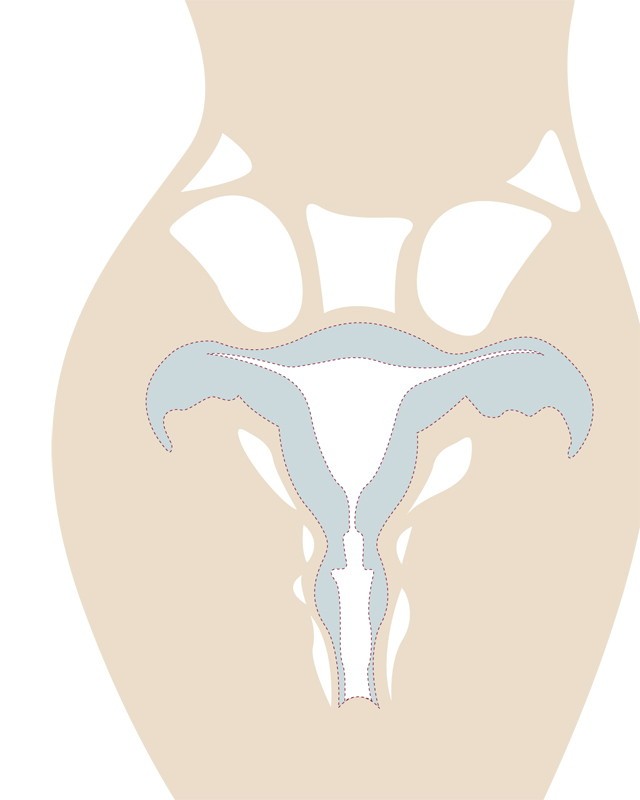Reproductive justice
A new view on sexual health
Feminists often talk about sexual health. We within the feminist movement call ourselves pro-choice and defend women’s rights to make choices about their reproductive lives.
While it’s important to keep talking about our rights and our bodies, we also need to ask ourselves whether we are doing so in the right way.
Is choice really possible for everyone? If not, can we continue to call ourselves pro-choice? What needs to change, and where should our focus be in the fight for women’s bodies and lives?
The pro-choice framework often fails to recognize some of the barriers that prevent women from choosing the paths that their lives take.
To expand on the amazing work that pro-choice activists and caregivers do, feminists should start working towards reproductive justice.
A reproductive justice framework helps us see how different oppressions intersect and contribute to reproductive oppression. It can help us take a closer look at barriers to choice and their relation to social justice issues, and start thinking about how to break them down.
For instance, in a capitalist economy, many women who do want to parent are unable to because of their socio-economic situation.
For these women and their families, abortion is not so much a choice as it is a necessity.
Creating systems that support families with childcare and adequate compensation for maternity and paternity leave would allow some women in such aforementioned positions to be able to choose parenting.
Similarly, in Canada abortion is legal, but is virtually inaccessible to people in rural and northern areas.
Some provinces require women to pay for their procedures if they are performed outside of a hospital, and many women have to travel across the border for specialized care in the U.S.
People who fit into certain categories, such as indigenous people, people of colour, differently abled people, and LGBTTQ* folks are criticized for their reproductive choices and denied the right to make them.
These are all examples of reproductive injustice.
The federal Conservative government’s decision not to fund abortion care in their 2010 G8 maternal and child health initiative is an example that goes beyond Canada’s borders.
“ Sexuality is often limited by the same cultural norms and expectations that limit women’s reproductive choices
This decision is consistent with the federal government’s insistence that they will not reopen the abortion issue for Canadians, but clearly demonstrates an ideological stance that takes precedence over women’s health.
Promoting sexual health is a huge part of creating reproductive justice.
Healthy sexuality means protecting your body, but it also means caring for yourself and your partner (or partners’) emotionally, and having respect for everyone you have sexual contact with.
It means recognizing that everyone has the capacity to be sexual, but every person’s sexuality is unique.
Sexuality is often limited by the same cultural norms and expectations that limit women’s reproductive choices. Talking to young people about sexuality more openly and more holistically is one way we can create a more just and caring society.
The proposed changes to Ontario’s sex education curriculum, including discussion of LGBTTQ* sexualities, was to be a step in the right direction that was sadly overturned.
Among other things, teaching young people to think about sex differently could decrease the incidence of sexual assault by changing conventional ideas about men’s and women’s sexualities.
Instead of limiting classroom discussions to sexually transmitted infections and pregnancy prevention, we should be talking about sexual orientation, gender roles and stereotypes that negatively impact everyone.
In spite of setbacks like the reversal of positive changes to Ontario’s sex ed curriculum, we need to push back against negative ideas about sexuality.
Our bodies, hearts and lives are at stake. Start with the people you love: teach your children, friends and lovers that they are bigger than the limits that society places on them.
Advocate for change on a larger scale. Feminists, allies: we can make Canada and the world a sexier and more just place to live.
Erin Vosters is a former University of Winnipeg student and a member of Winnipeg’s FemRev Collective, which will be hosting the second Pan-Canadian RebELLEs Young Feminist Gathering in May 2011.
Published in Volume 65, Number 18 of The Uniter (February 3, 2011)







